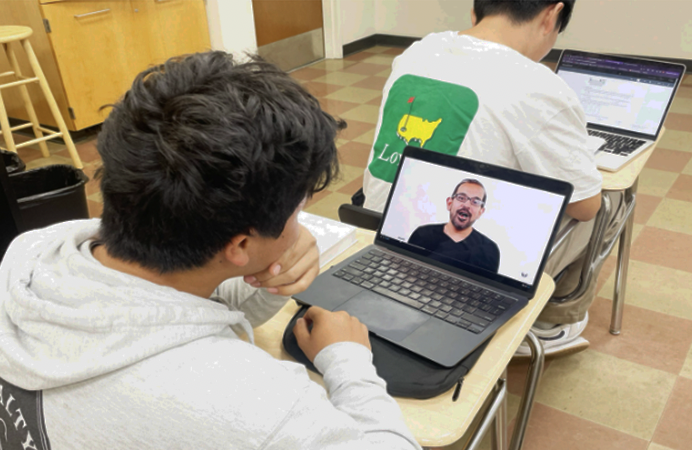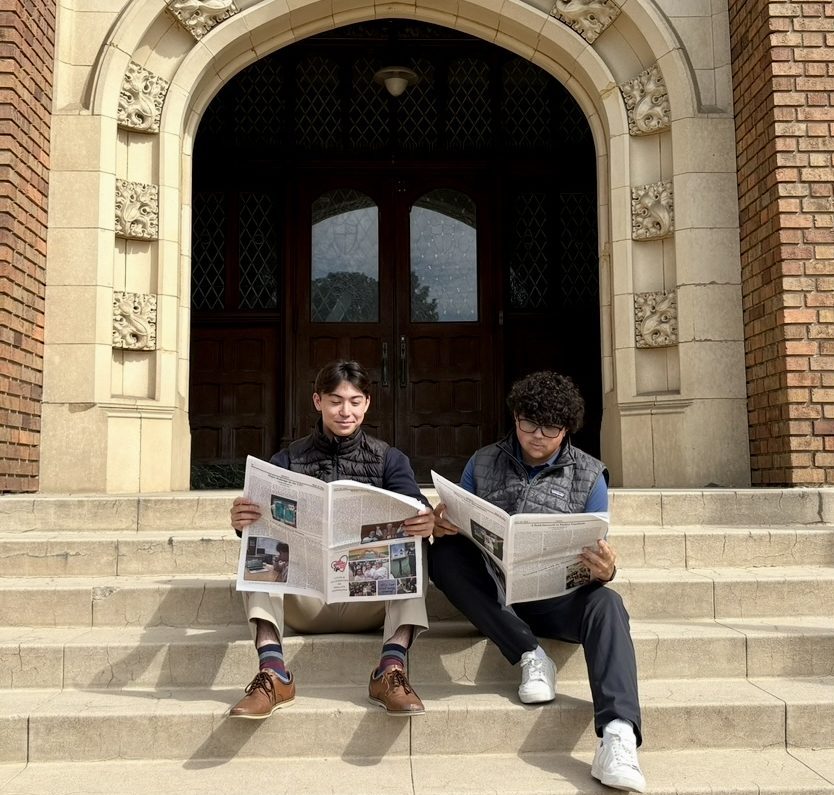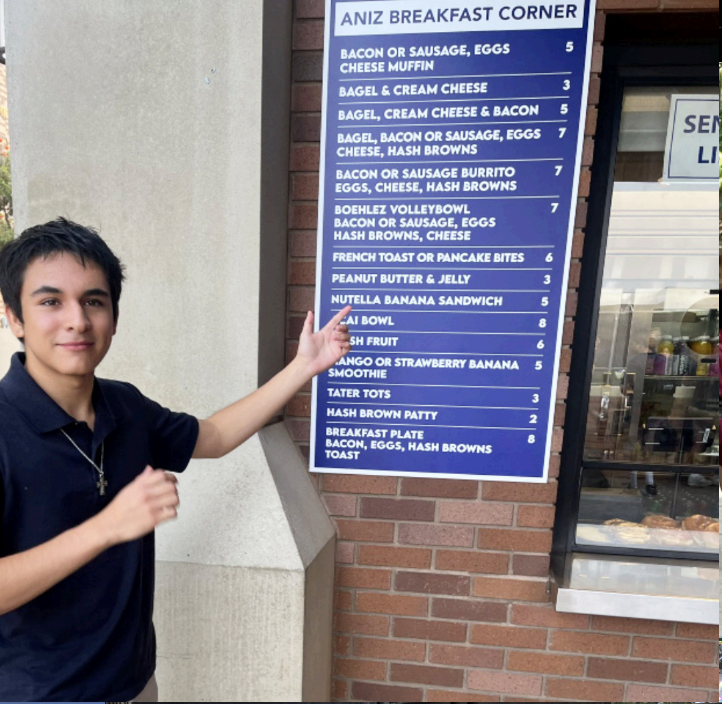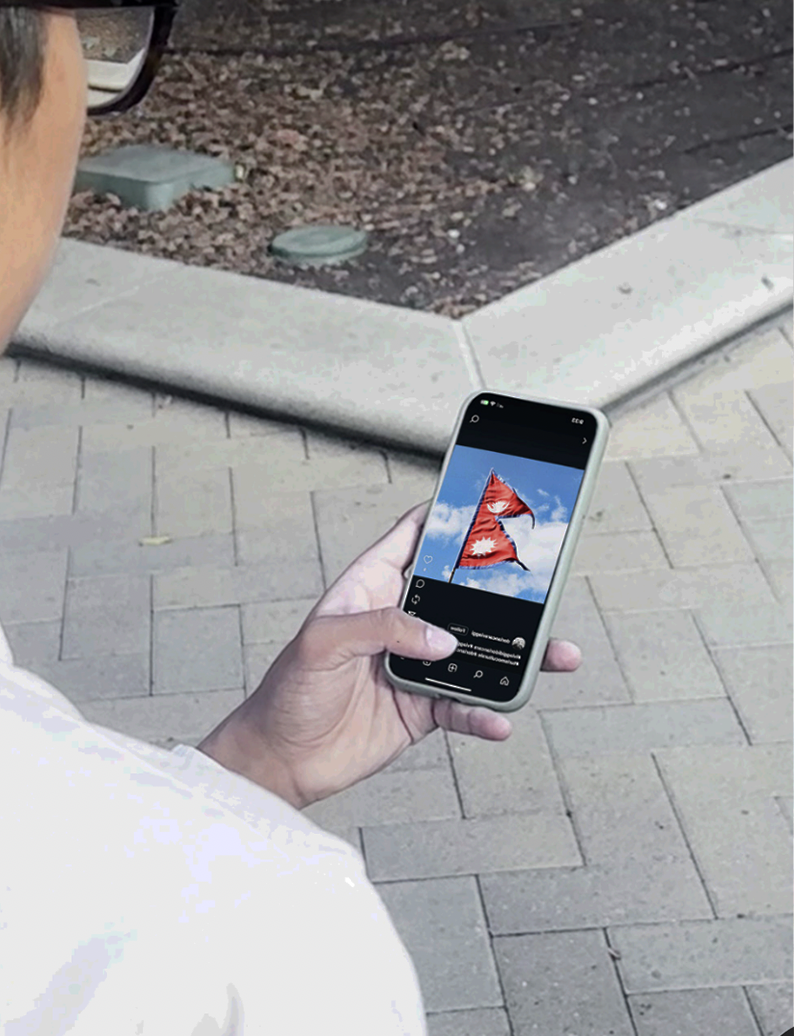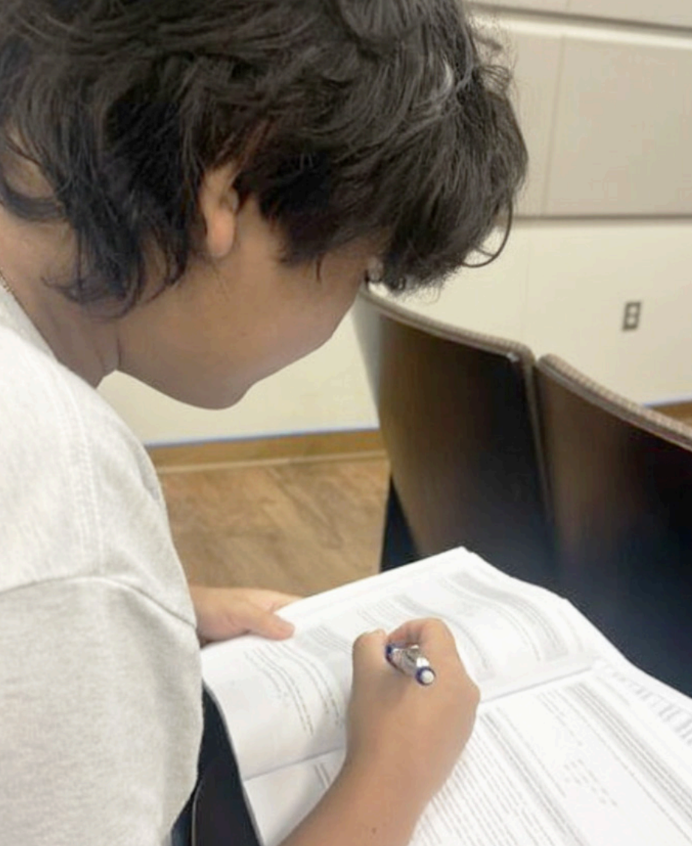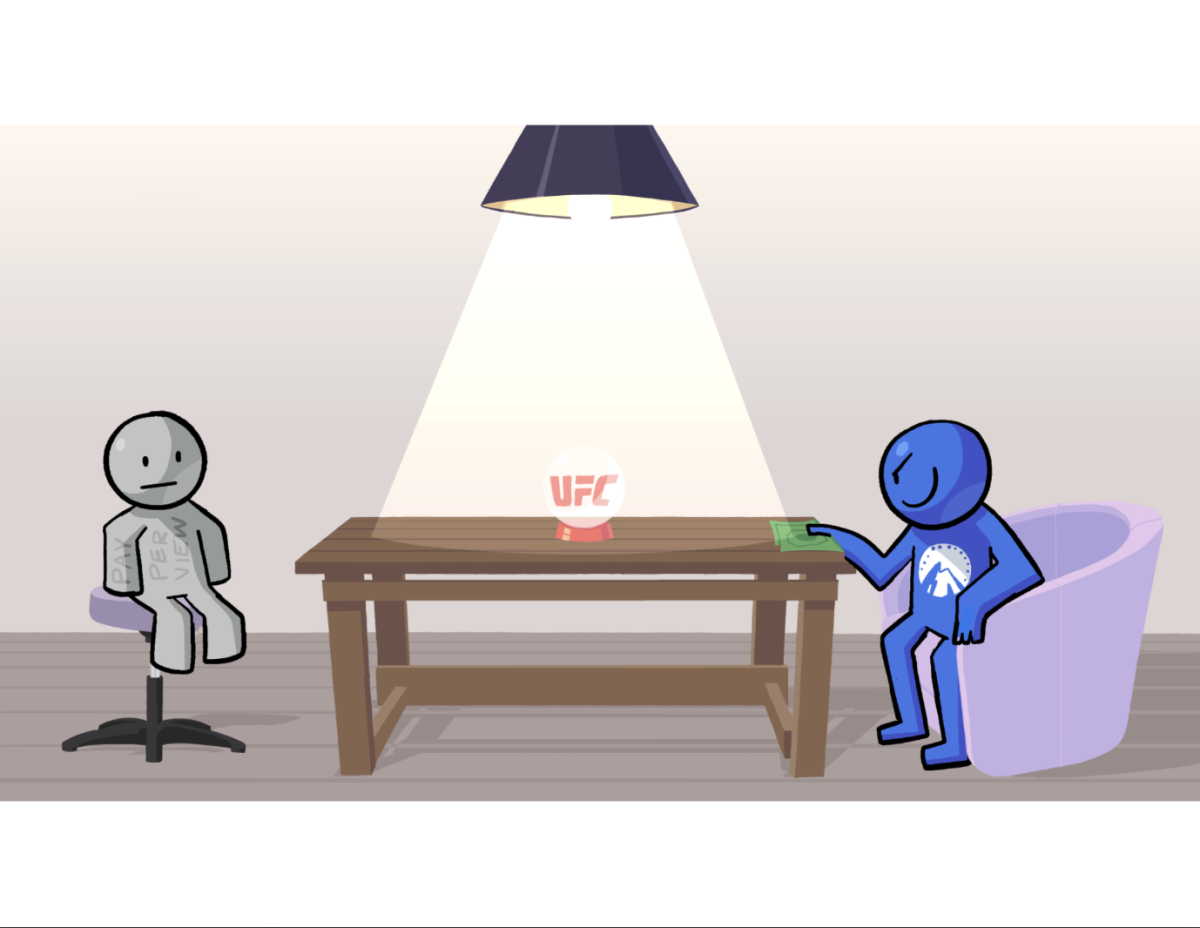This November, Californians should protect the environment by voting to maintain California’s ban on the use of single-use plastic grocery bags.
In 2014, the California State Senate approved the plastic bag ban by a vote of 22 to 15. California allows citizens to submit petitions for ballot measures to the California Secretary of State’s office. If a petition receives the required 365,880 signatures (a petition needs five percent of the voter turnout for the most recent gubernatorial election), it can be placed on the ballot of a statewide or national election. Meeting these requirements, a petition to overturn the ban has been placed on the ballot as Proposition 67.
Because plastic bags are not biodegradable, they take hundreds of years to decompose in landfills, according to Scientific American magazine. In addition, during their decomposition, these bags release harmful chemicals, including bisphenol A, which has been linked to cancer and heart disease, into the ground and water.
Furthermore, many of these bags end up as litter in gutters, rivers and oceans. These bags pose a significant threat to animals, whose environments can become fatally affected by plastic bags. Plastic bag bans have already been effective in reducing litter, as a study by the city of San Jose, California, found that banning plastic bags reduced the amount of plastic litter by 89 percent in storm drains and 60 percent in creeks and rivers.
The ban on plastic bags is not only an environmentalist issue. Tourism is a significant part of California’s economy; in 2015 tourists spent $122.5 billion, and the tourism economy in California has grown every year since 2010. so decreasing pollution on California’s coastline will protect jobs in the tourism industry.
Additionally, local governments have spent more than $400 million per year to clean up litter and prevent it from entering oceans and rivers. Banning plastic bags would allow California to invest this money on schools, public works, local police and fire departments or tax cuts.
Opponents of the measure claim that maintaining the ban would come at the expense of grocery shoppers, who would have to spend ten cents per non-plastic bags. However, consumers can reuse the paper bags that will be used by grocers if the ban is sustained or purchase low-cost reusable bags.
Opponents also complain that the money spent on these plastic bags would go to grocers, not to any environmentalist groups. However, there’s no reason that small, independent grocery stores should be forced to shoulder the costs of these bags; they have to purchase paper bags to give to their customers, so they should receive the money paid for these bags.
Much of the opposition to the plastic bag ban has come from the American Progressive Bag Alliance, a group of plastic bag companies that are not based in and do not manufacture in California. This group is acting out of pure self-interest and not for the environment or the people of California.
If voters want to protect California’s environment, economy and tax dollars, they have a clear choice this November. Californians should vote yes on Proposition 67 and maintain the state’s ban on single-use plastic bags.








